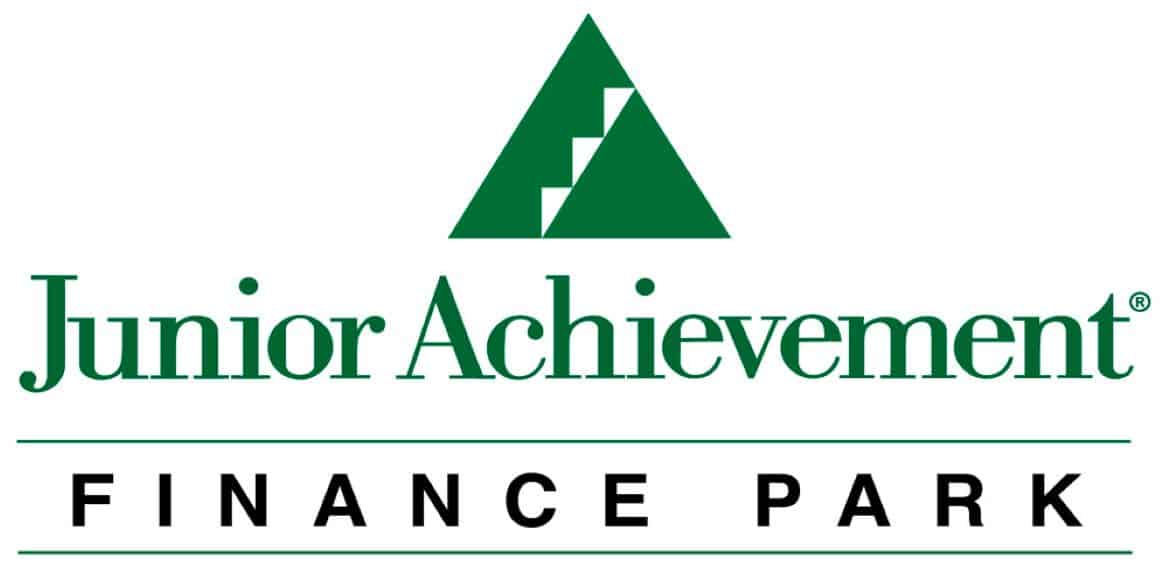Financial Literacy And Educating Youth Locally

As the United States continues to offer more and more financial education in schools, colleges, workplaces, non-profits and government agencies, only ⅓ of states actually require students to take a personal finance course in high school. Even more alarming is the fact that less than ⅓ of adults understand three basic financial literacy topics by age 40, even though most of these adults are making difficult financial decisions at a much younger age. We all know the key to staying healthy is eating well and exercise, but it’s just as important to be financially healthy. Financial literacy is the key to financial health, lifelong stability and wealth.
Here in Montgomery County, many of our middle school students are fortunate to be able to participate in Junior Achievement Finance Park®. Junior Achievement is the world’s largest organization dedicated to educating students in grades K-12 about financial literacy, work readiness, and entrepreneurship, reaching more than 8 million students in 100 countries worldwide. In MCPS, the program reaches over 12,000 students each year and has transitioned to a 7th grade lesson sequence and field trip to the state-of-the-art JA Finance Park immersive learning facility at Thomas Edison High School. At JA Finance Park, students become “adults” for the day with a career, salary, credit score and financial obligations that they must balance.
In addition, a few MCPS high schools offer an Academy of Finance Pathway. The Academy of Finance connect high school students with the world of financial services and personal finances. The curriculum covers banking and credit, financial planning, global finance, securities, insurance, accounting and economics.
Programs such as these are a great way of putting our children in a position for financial success, however, raising our children to be financially aware is not just the responsibility of our schools. Starting at a very early age, children should be educated about how finances work – from creating a budget to learning how to save money for emergencies, teaching them the financial skills necessary to become responsible and self-sufficient adults is essential for their life-long success. Each family is unique with their approach to handling their own finances and what their expectations are, but there are a few common tasks and principles that can help young children achieve the necessary skills for a solid foundation.
- Start with budget basics – Focusing on what money is coming in and what money is going out is key to making sure you don’t run out of money each month. Creating a budget can also help you save for a big purchase and can develop the habit of putting money away for an emergency fund.
- Learn to live within your means – Creating realistic goal setting and understanding “wants” vs “needs are key to developing mindful money practices.
- Build a solid credit score – Young adults need guidance in choosing their first credit card wisely as well as recognizing how to maintain a strong credit score. This should include checking each credit statement thoroughly, paying off the balance monthly and understanding compound interest.
- Earn while you learn – Becoming a smart investor also takes time and you don’t need to be an expert to grow your wealth. Some important lessons in reaching financial independence include learning to pay yourself first, staying in for the long term and diversifying your risk.
- Be responsible and accountable – It’s important to let your kids make financial mistakes rather than always coming to their rescue when the stakes are low. The only way our children will learn to become fully responsible and independent adults is to be given the opportunity to fail and pick themselves up without our help.
Teaching your children about money at any age will take time and won’t always be easy. If you want your children to know how to successfully manage their money and be financially responsible adults, you must take the time now to give them the tools they need. Modeling good financial behaviors when your children are young and keeping the lines of communication open when it comes to dealing with money will help continue to guide them on their life-long financial journey.
